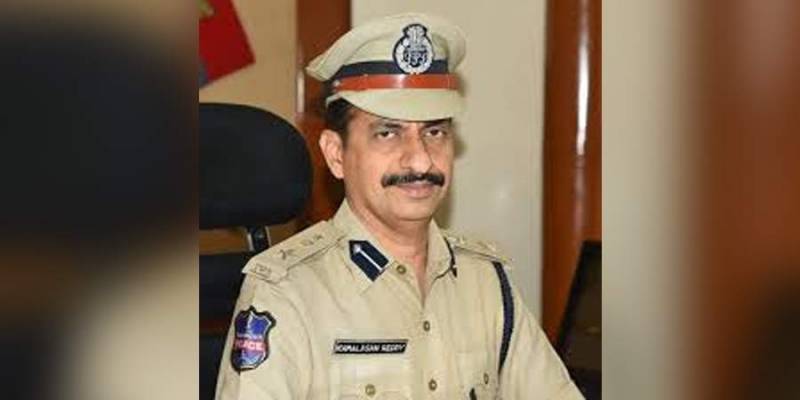Karimnagar cops misusing outlawed Article 66 A of IT Act
By Anurag Mallick
Hyderabad: With social media emerging as new form of communication and social networking applications as platforms to form a pseudo personality, things are going from good to worse.
Anything you say turns into controversy. In order to clear the controversy, particular laws have been introduced to serve as deterrents. When one talks about the spread of hatred through one's speech on a platform, it is always under surveillance.
One fine example of a law being introduced in order to prevent hate-speech is the Information Technology Act, 2000. Moving on to a particular article of the IT Act, Article 66 A, which says, "Punishment for sending "offensive" messages through a computer or any other communication device like a mobile phone or a tablet. A conviction can fetch a maximum of three years in jail and a fine. "
But, the twist in the tale came in 2015 when the Article was struck down by the Supreme Court relating to restrictions on online speech, as unconstitutional on grounds of violating the freedom of speech guaranteed under Article 19(1) (a) of the Constitution.
Although, it has been struck down way back, a law enforcer (police) has been booking people for spreading provocative, and malicious messages by passing the messages forward through social media platforms such as Facebook and Whatsapp, creating groups and making derogatory comments on a particular people.
The Commissioner of Police, Karimnagar, V B Kamalasan Reddy in a recent interview said that the Cyber Crime team has booked over 30 cases on people who have spread such messages on social media or any other communication medium. The administrators of the groups which have such information are the ones who are on the radar. He says no matter how many ever people share such messages, the person who shared it first and the group admin are the ones who will be held responsible.
He says one can give their opinion but not a hate-speech, and if put so, will be behind the bars. The question that is left unanswered here is that, when an Act is struck down by the highest authority of law, how are police still putting people behind bars on the basis of an Act that is defunct.